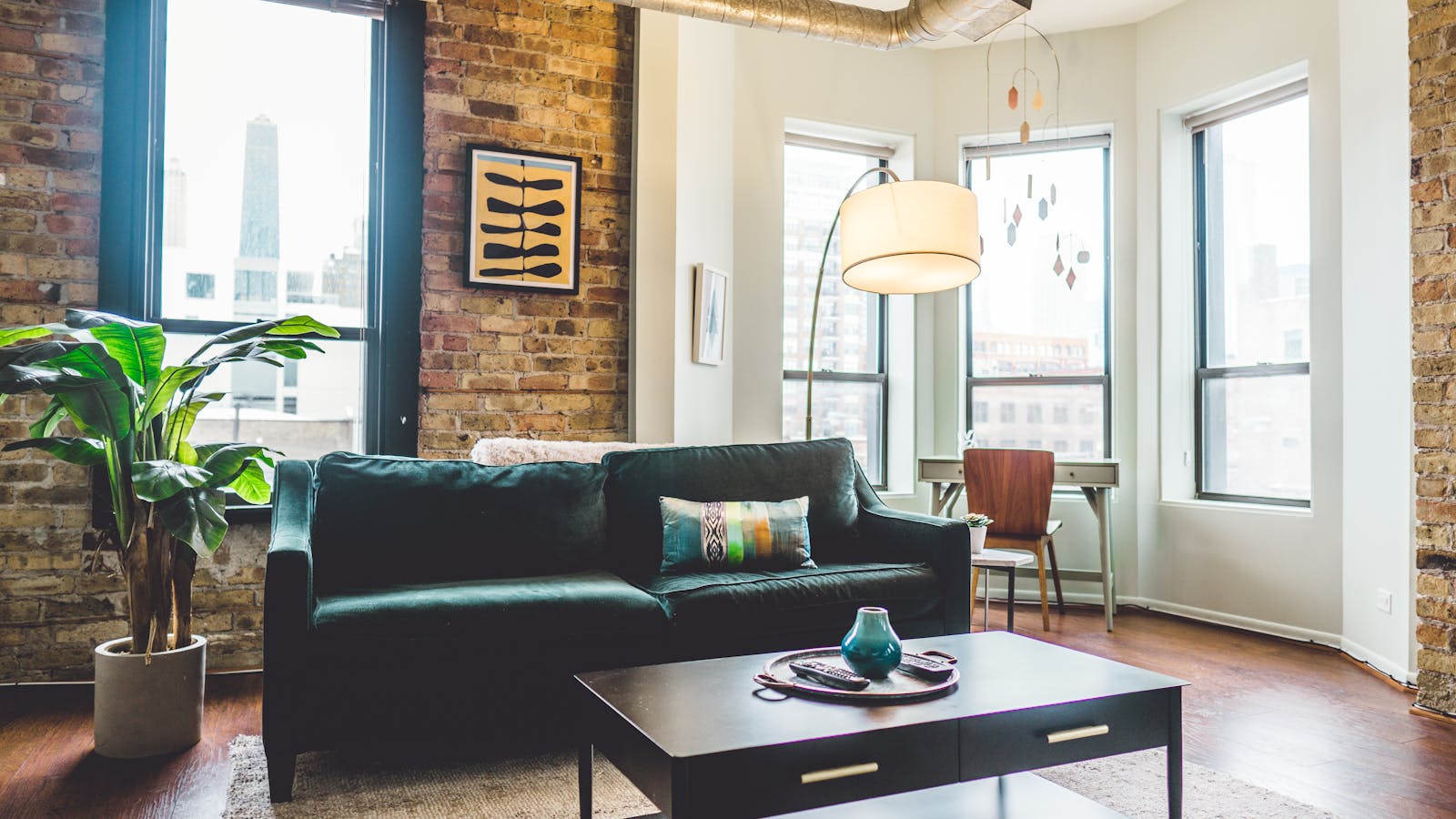Imagine walking into a home that feels warm, inviting, and perfect for your family. Everything is in its place, and you can easily picture your life unfolding in this beautiful space. This is the magic of home staging—a powerful tool that can help you sell your home quickly and for more money. If you’re looking to upsize in Toronto, understanding how home staging can add thousands to your property value overnight is invaluable. Here’s a friendly guide to help you leverage home staging to your advantage.
Why Home Staging Matters
Home staging goes beyond just cleaning up. It's about presenting your home in the best possible light. Professionally staged homes create a strong first impression, attracting buyers and helping them see the property's full potential. In competitive markets like Toronto, this can make all the difference.
Making an Emotional Connection
When buyers walk into a staged home, they form an emotional connection. They can easily envision living there with their family. Staging also depersonalizes the space, making it easier for a wider audience to see themselves in the home.
Showcasing Your Home's Best Features
A staged home highlights the best features of your property. Whether it’s a cozy fireplace, a sunny bay window, or spacious bedrooms, staging ensures these features don’t go unnoticed. It uses furniture, decor, and other elements to draw attention to what makes your home special.
How Home Staging Boosts Your Property Value
Real estate experts say staged homes can drive up your property’s market value. Here’s how:
Creating a Move-In Ready Feel
Busy professionals often seek homes that require minimal work. By staging your home, you present it as move-in ready. This reduces the perceived hassle of moving and allows potential buyers to focus on the home’s positive aspects instead of needed repairs or changes.
Maximizing Space
Staging can optimize the space in your home, showcasing its full potential. It helps buyers see how they can utilize each room effectively, even if the home has some unconventional spaces. This not only makes the home feel larger but also more functional.
Speeding Up the Sale
Homes that sit on the market for too long can become less attractive to buyers. Staged homes often sell faster, reducing the need for price reductions. A swift sale at a higher price benefits both sellers and buyers, creating a win-win situation.
The Step-by-Step Guide to Home Staging
Staging your home may seem daunting, but with a clear plan, it can be manageable and even enjoyable. Follow this step-by-step guide to stage your home effectively.
Step 1: Declutter and Depersonalize
Start by removing personal items like family photos, personal collections, and any clutter that could distract potential buyers. The goal is to create a blank canvas where buyers can imagine their own belongings.
Example: Clear off kitchen countertops, store away small appliances, and keep only a bowl of fresh fruit or a vase of flowers.
Step 2: Deep Clean Every Room
A spotless home is crucial. Deep clean every room, paying special attention to high-traffic areas like the kitchen and bathrooms. This means scrubbing floors, wiping down surfaces, and ensuring every nook and cranny is clean.
Actionable Tip: Consider hiring professional cleaners for a thorough job. A sparkling home reflects care and attention, which is attractive to buyers.
Step 3: Make Necessary Repairs
Repair minor issues such as leaky faucets, squeaky doors, or chipped paint. These small fixes can make a big difference in how your home is perceived.
Example: If there are holes in the walls from hanging pictures, patch them up and apply a fresh coat of paint.
Step 4: Neutralize the Color Palette
Neutral colours appeal to a broad audience. If your home’s walls are bold or unusually coloured, consider repainting them in soft, neutral tones like beige, gray, or white.
Actionable Tip: Use high-quality paint to give a polished look that enhances the overall appearance of your home.
Step 5: Arrange Furniture Strategically
Furniture placement should highlight the size and functionality of each room. Avoid overcrowding rooms with too much furniture. Instead, use pieces that fit well and create a natural flow from one space to another.
Example: In the living room, arrange seating for conversation, and if possible, create a focal point around a fireplace or a large window.
Step 6: Enhance Curb Appeal
The first thing buyers see is your home's exterior. Ensure it’s inviting by maintaining the lawn, trimming bushes, and adding potted plants or flowers.
Actionable Tip: A freshly painted front door can make a huge impact. Choose a colour that complements your home but stands out just enough to be memorable.
Step 7: Add Strategic Lighting
Good lighting can make your home feel warm and welcoming. Ensure every room is well-lit by opening curtains to let in natural light and using lamps or overhead lights.
Example: In darker rooms, place floor lamps in corners to brighten up the space.
Step 8: Use Accessories Wisely
Decorate with a few carefully chosen accessories. Think about adding fresh flowers, decorative pillows, or artwork that complements the style of your home.
Actionable Tip: Less is more. Avoid over-accessorizing to maintain a clean and spacious look.
Conclusion
Home staging is a powerful strategy for increasing your property’s market value and ensuring a quick sale. Presenting your home in the best possible light can attract more buyers and achieve a higher selling price. Investing initial time and resources in home staging can make the transition to a larger home smoother and more profitable. Follow these steps to transform your sale and enjoy the benefits of a well-staged home.


